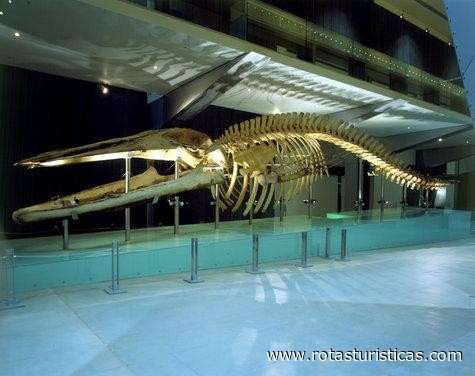Friday Harbor, Washington, USA
Suggest Place to Visit
1574
Track to location with GPS |
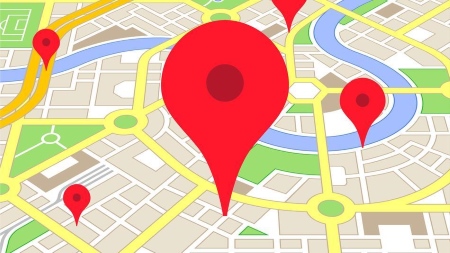 |
The articulated skeleton of a Blue Whale is on display at the western end of the Walk, outside the entrance to the Science and Life Gallery at Melbourne Museum.
The Lorne Stranding
Blue Whales, the largest animals that ever lived, are occasionally seen off the Victorian coast as they move along migratory routes feeding on tiny shrimp-like creatures as they go.
Occasionally, following a major catastrophe such as a collision with a ship, or because they are in poor health, Blue Whales strand. Poor health seems to be the reason why a young male Blue Whale, 18.7 m in length, stranded and died on the beach at Cathedral Rock, near Lorne in western Victoria, in 1992.
Victoria's Museum role in whale strandings
The museum is the official place of accommodation for dead specimens of Victorian wildlife, and acquisitions of significant specimens is an important role for museum staff. If a dead whale is found stranded, the Mammalogy Department is contacted, and details of the stranding are obtained whenever possible. If the specimen has potential for research or exhibition, efforts are made by the museum to secure it.
Plans for salvaging the Lorne whale
It is more than a century since a large Victorian whale skeleton had been displayed in Melbourne. In 1867 a whale skeleton was collected from Jan Juc. It was described as a Whalebone Whale by the then Director of the Museum, Professor Frederick McCoy. The huge specimen was exhibited in the open air outside the museum at the University of Melbourne. Unfortunately it deteriorated considerably in the many years it was exposed to the elements, and in 1899, when the museum moved from the University of Melbourne site to the Swanston Street premises, it was not put back on display. Although only a few items from this exhibit are still in the collections, it remains the largest articulated whale skeleton in the Southern Hemisphere.
When the Blue Whale stranded at Lorne, plans were therefore made to display the whale as an articulated skeleton in the new Melbourne Museum. The salvage of the Lorne whale was a massive task. Bulldozers removed the whale from the beach, and three cranes transferred it to a semitrailer. It was carefully transported to the Werribee Sewage Treatment Complex, which had a suitable work site and facilities.
Photos, videos and some measurements had been taken at the stranding site, and a more detailed examination of the carcass and a postmortem were carried out at Werribee. Although the cause of death was not established, the thin blubber, about five centimeters thick, indicated that the whale had not been feeding and was in poor condition. Tissue samples were taken for subsequent examination, particularly DNA analysis, as there are two subspecies of the Blue Whale in Australian waters.
The flesh was removed from the carcass by museum preparers, who ensured that any cartilage attached to the bone was kept as intact as possible. Maceration, which involves soaking the bones in water to remove soft tissue, was followed by bone degreasing at a special unit of the South Australian Museum. All individual items of the skeleton were numbered to ensure their accurate placement during articulation.
Open daily 10am - 5pm.
Comments
We don´t have yet any comments about:
The Whale Museum
The Whale Museum
Be the first to leave a comment as it is very important to inform other people
Outros locais a visitar
Within a radius of 20 km from:The Whale Museum
Turn Island State Park |
| 3,4 Km |
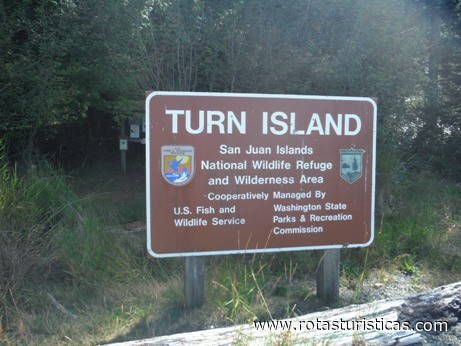 |
Lime Kiln Point State Park |
| 10,1 Km |
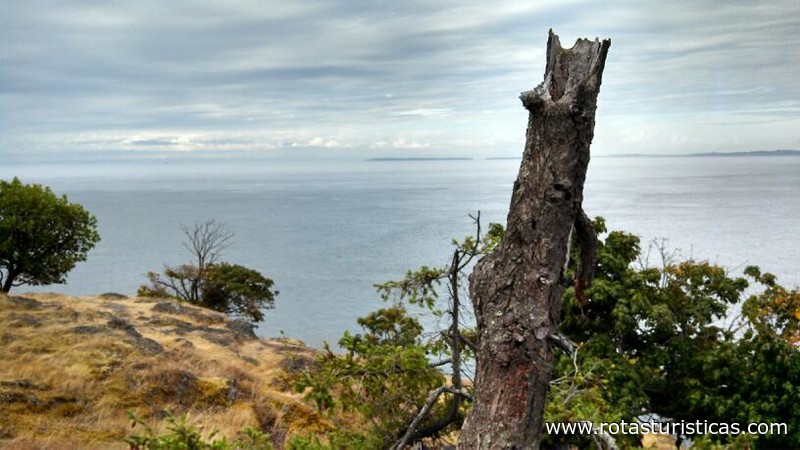 |
Parque Estadual Posey Island |
| 14,4 Km |
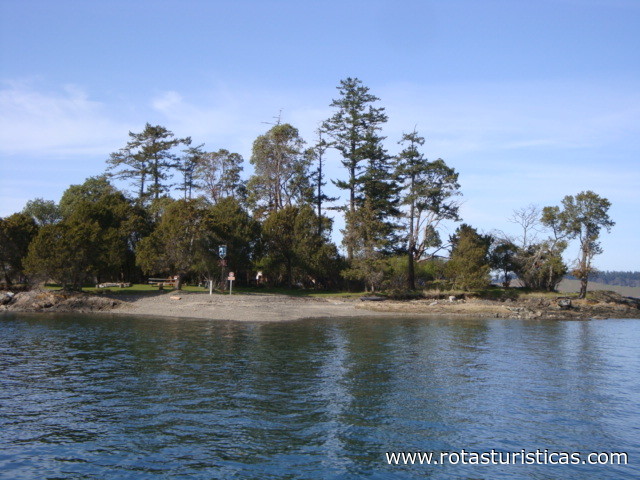 |
Hotel reservation near The Whale Museum within a radius of 20 km
Why to book with ROTAS TURISTICAS
The best prices
Our partnerships with the world´s largest operators offer research on the best market prices.
More options
At Rotas Turisticos you can book the hotel, buy the air ticket, book the transfer from the airport to the hotel and vice versa, book the local excursions, rent the car, take travel insurance and consult the places to visit and where to go.
Holiday Tips & Destinations
Hundreds of holiday destinations with all the options that allow you to easily choose the destination that best suits your dream vacation.
ROTAS TURISTICAS
Links


